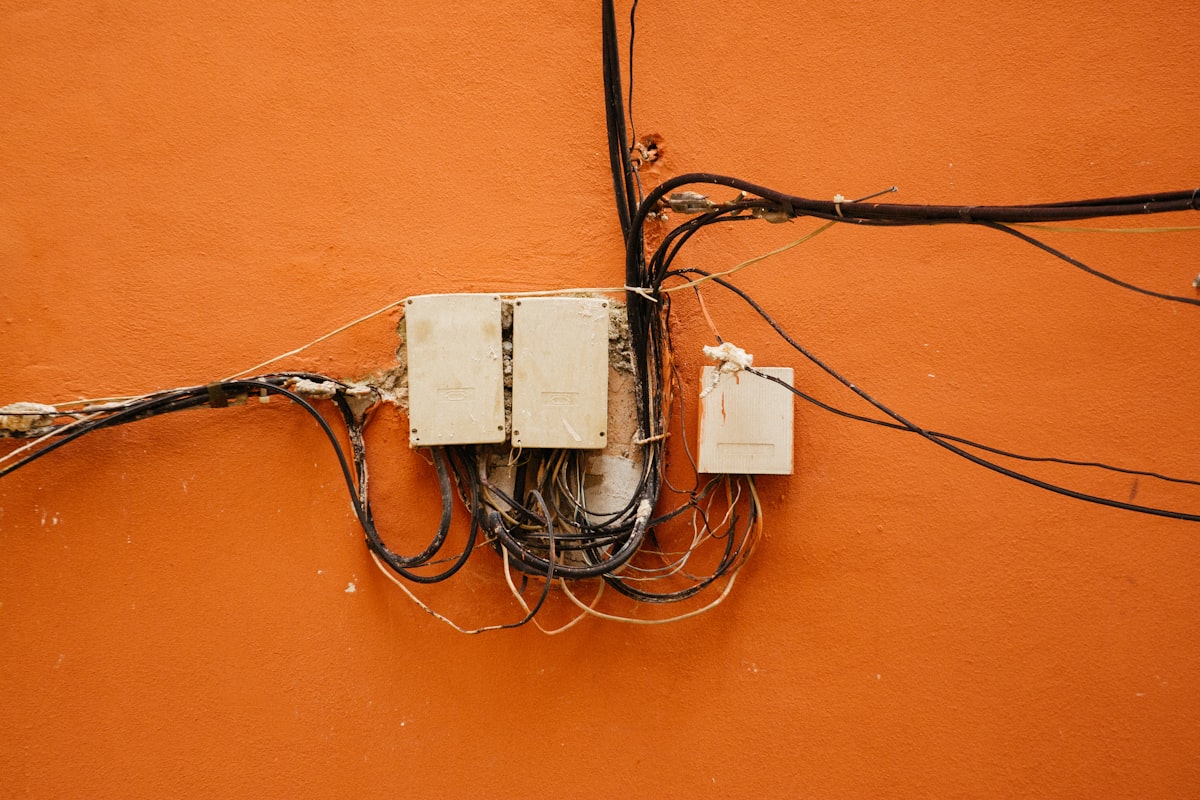Rethinking Privacy and Security: A Shift from Paranoia to Simplicity
From Self-Made Security Expert to Pragmatist: Navigating the Complex Labyrinth of Privacy

For as long as I can remember, I've been driven by an inclination to experiment, driven by a quest to safeguard myself and my family from potential malevolent digital intruders. My journey began several years ago when I decided that the default DNS provided by my Internet Service Provider (ISP) simply didn't cut it. At that time, I was employed in a telecom company and was heavily involved in creating reports that analyzed customers who were consuming data disproportionately to what they were paying for, accentuating my paranoia about ISP surveillance.
As time passed, I realized that my standard Linksys $60 router was ill-equipped to handle the burgeoning number of wireless devices and the increased data traffic in our household. The pressure on the network performance heightened when we transitioned from Cable Top-Boxes to IPTV (Internet Protocol Television). To combat this, I invested in a refurbished Asus AX3000 router, which not only catered to my family usage but also permitted me to set up Asus Merlin. Asus Merlin is a modified Asus firmware that unlocks features that aren't officially provided by Asus.
While these ventures augmented my professional growth, on a personal front, they seemed to spawn more problems than they solved. I have grown weary of the constant need to tweak configurations and maintain an optimal network environment. Running my own virtualized in-home server, with software like Adguard Home, OPNSense, and Ubuntu Server has led me to question the worth of my endeavors. Let's dissect this for a moment:
- Running my cluster demands that I troubleshoot and resolve any issues.
- Regardless of the connection's reliability, every Internet hiccup is attributed to my tinkering, at least in my wife's eyes.
- The additional privacy and security benefits don't necessarily justify the considerable time I spend investigating and triaging issues.
- As for electricity costs, although I lack precise measurements, I'm convinced that my in-home server's power consumption far exceeds that of a dedicated Mikro-Tik Router, which my ISP rents out.
So, what lies ahead?
I have reached out to my ISP to see if they can enable DNS-over-HTTPS (DoH), DNS-over-TLS (DoT), or DNS-over-Quic (DoQ). If they cannot support these configurations, I've requested guidance on choosing a suitable next-hop router that could replace my entire in-home server. I intend to gradually shift towards a more simplistic network setup that operates smoothly without incessant tinkering. Should any issues arise, I can conveniently turn to my ISP for resolution.
Final Thoughts
From a privacy and security perspective, enthusiasts may view my shift as a step backward. In a sense, it is. However, I've come to realize that I need my systems to function seamlessly, without constantly needing to tweak every component of this intricate puzzle. I am prioritizing simplicity and practicality over maximal privacy and security, and I look forward to sharing more of this journey with you in future posts.




